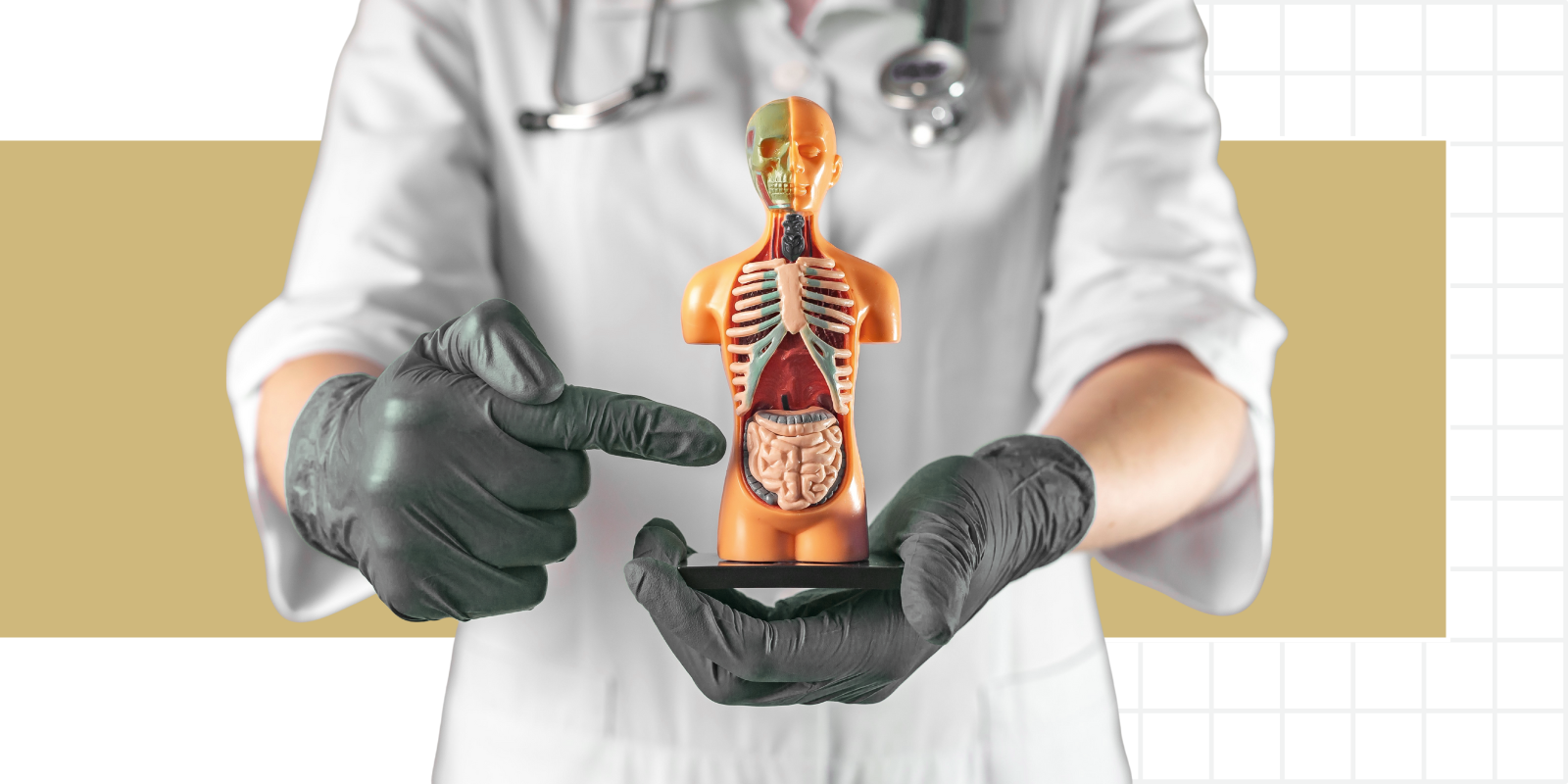September is Blood Cancer Awareness Month, a time for bringing attention to leukemia, lymphoma, myeloma, Hodgkin’s disease, and other blood cancers.
The University of Colorado Cancer Center is a national leader in a powerful blood cancer treatment known as CAR T-cell therapy, in which a patient’s immune cells are removed from their body, taken to a lab and genetically engineered to become fighter cells, then injected back into the patient, where they seek out and destroy cancer cells.
CU Cancer Center member Jonathan Gutman, MD, is one of the researchers on the forefront of CAR T-cell therapy. In honor of Blood Cancer Awareness Month, we spoke with him about the latest developments with the treatment.


%20Color.jpg)


